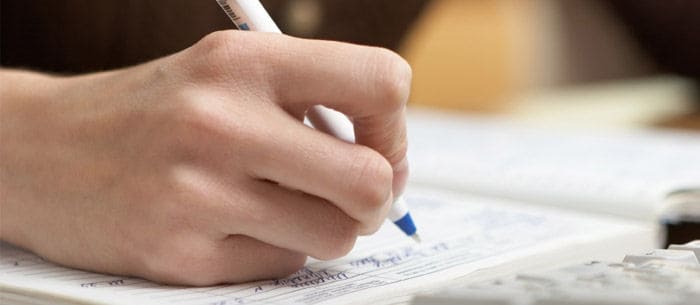As a carer, it is your responsibility to be prepared for emergency situations, so if a family does not provide an emergency list, request one. Here’s what should be included in an emergency list.
>> Looking for a job as a babysitter or nanny? Find work here.
Preferred phone numbers
Include both parents’ work and mobile numbers. Some companies may not be happy with personal calls during the day, so parents may want you to text them on their mobile. If a parent works in an office and there is a main number, request that as well. You can always call the main number and ask the receptionist to deliver a message.
Email addresses
Most people have a mobile data contract that includes access to email. This might be the fastest way to reach a parent. It’s also good to have their email addresses to discuss any changes in the routine with the kids (updates on whether football practice has been cancelled or requests for the carer to stay later than expected, etc.).
Doctor information
It is important to have the number of the children’s local GP as well as other health professionals. List each doctor’s name (include any specialists, therapists, etc.), location, and phone number. This information should be kept at the family’s home on their fridge and on the list of emergency contacts that you carry with you.
Allergy information
Any allergies? It’s one of the first questions paramedics and A&E nurses will ask. Your emergency list should include medical, food, and other allergies of each child.
Medications
List of any medication the children may be taking. Include the name of the medicine, the dosage, how many times a day and what time (morning, noon, or night) they take the medicine. In the case of A&E, doctors or anyone else administering medication will need to know what other medications the child has in her system.
Another contact
Ask the parent for the name of a trusted neighbour, relative, or friend in the area who can help out in an emergency. If the parents cannot be reached, the next phone call should be to this adult. The same information (phone numbers, email address, etc.)- along with the relationship to the child-should be included for this contact.
Emergency phone numbers
Along with 999, list the local Fire Brigade, Police, NHS Direct or out of hours medical centre / locum cover, and so forth.
Meet-up location
Ask the family if they have a meet-up location (a place where everyone should go that is a safe distance away from the house) in case of a fire or other emergency. Some families will choose a postbox at the end of the drive if it is a good distance from the house. Other families may choose a neighbour’s house or other nearby safe spot (a park, Post Office, library, etc). In an emergency, if you are separated for any reason, the children may head to this location so knowing where it is will help everyone be safe and accounted for.
If possible, keep this information in your diary or bag so that you have it with you at all times. You may also want to talk the parents about a medical permission form in case there is ever an emergency situation.
A babysitter should always provide the family with emergency information too. List your phone numbers, your partner’s or parents’ phone numbers, and a possible back-up childminder the family can contact in case you are unexpectedly unavailable.
>> Looking for a job as a babysitter or nanny? Find work here.
